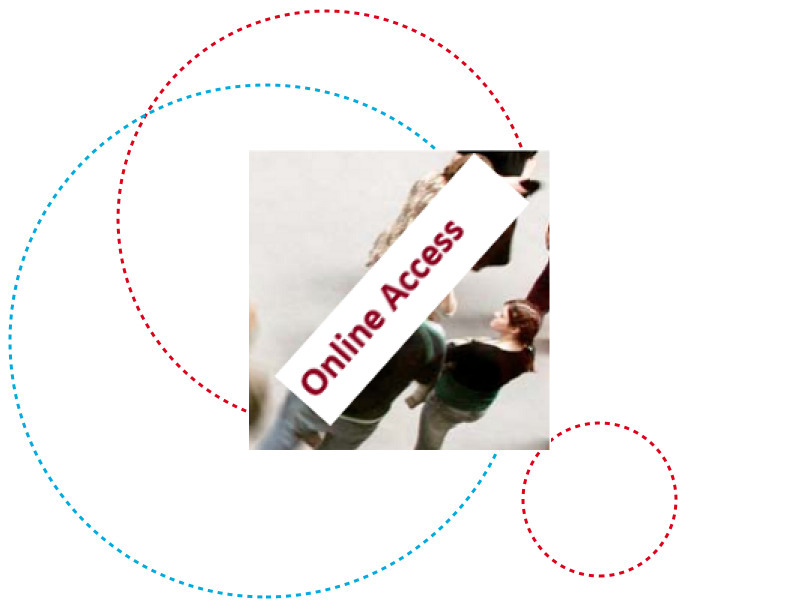Abstract
Roads provide economic benefits, but they are also a proximate driver of tropical deforestation, which comes with serious repercussions for climate change and biodiversity. This paper formulates a dynamic, spatial economic model of endogenous road construction and deforestation. We use our framework to examine the positive and negative externalities associated with road construction in tropical rain forests and show how these externalities evolve over time, depending on the size of the existing road network and the remaining forest reserves. We find that governments may have an incentive to subsidize road construction early on in the development process, but to tax it at a later stage. In the absence of price instruments, the government discourages road construction to commit to conservation
Cees Withagen(1950) got his master’s degree at Tilburg University in 1974 in econometrics with a specialization in mathematical economics. In 1984 he received his PhD degree, also at Tilburg University. Currently he is emeritus-professor of environmental economics at Vrije Universiteit, Amsterdam, Department of Spatial Economics in the School of Business and Economics. He is fellow of Tinbergen Institute and CentER (Tilburg University) and Research Professor at CESifo. Together with Rick van der Ploeg (Oxford University) he received an ERC Advanced Grant in 2011 to study the political economy aspects of the Green Paradox.
His main research interest is in the economics of non-renewable resources and climate change, on which he published many articles and several books. He focuses on the various aspects of the Green Paradox, mainly in the context of economic growth and the dynamic and strategic interaction between importers and exporters of fossil fuel and the development of substitutes.
He is associate editor of the Journal of Economic Dynamics and he is member of the Editorial Board of the Journal of Environmental Economics and Management and of the Scientific Advisory Board of Environmental and Resource Economics.
